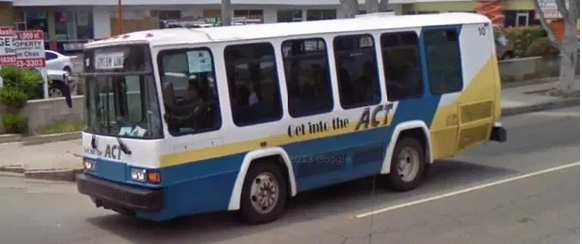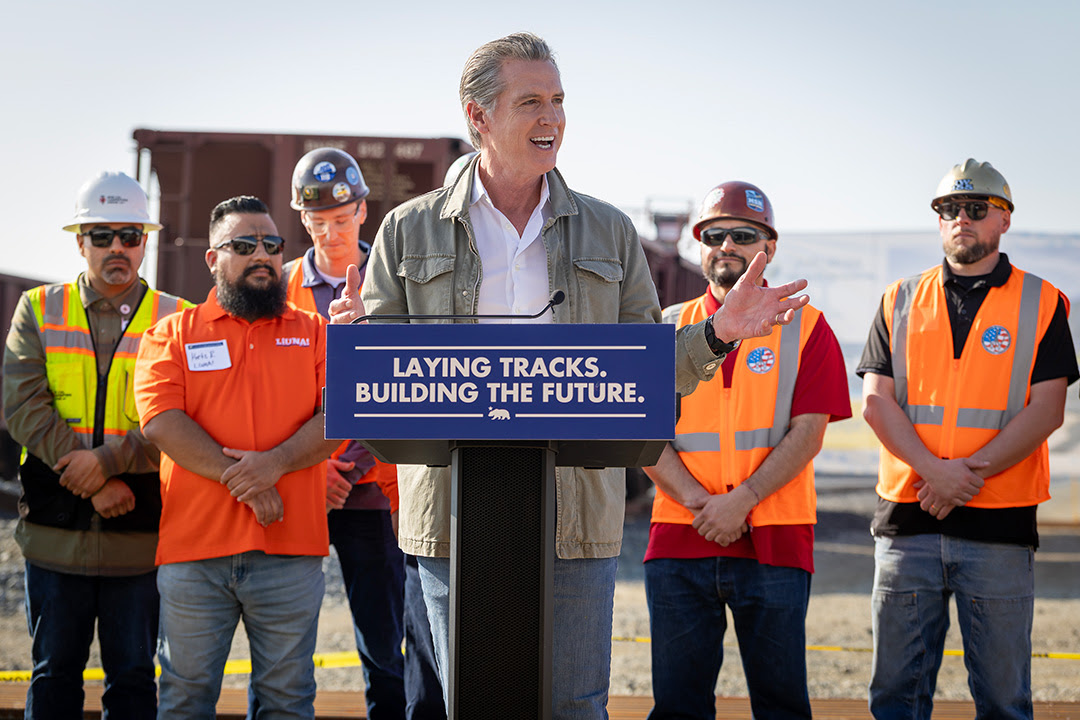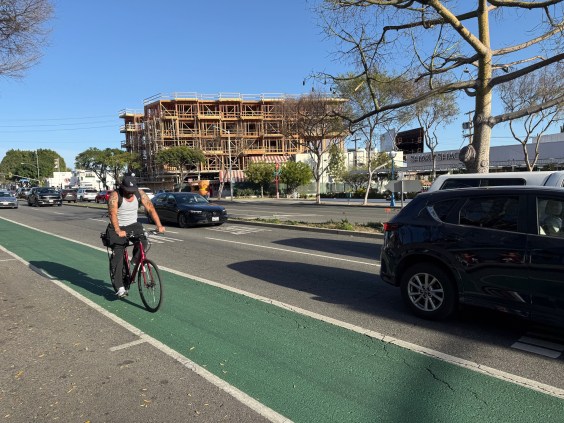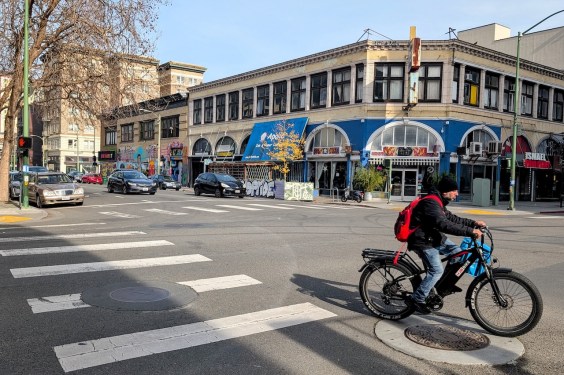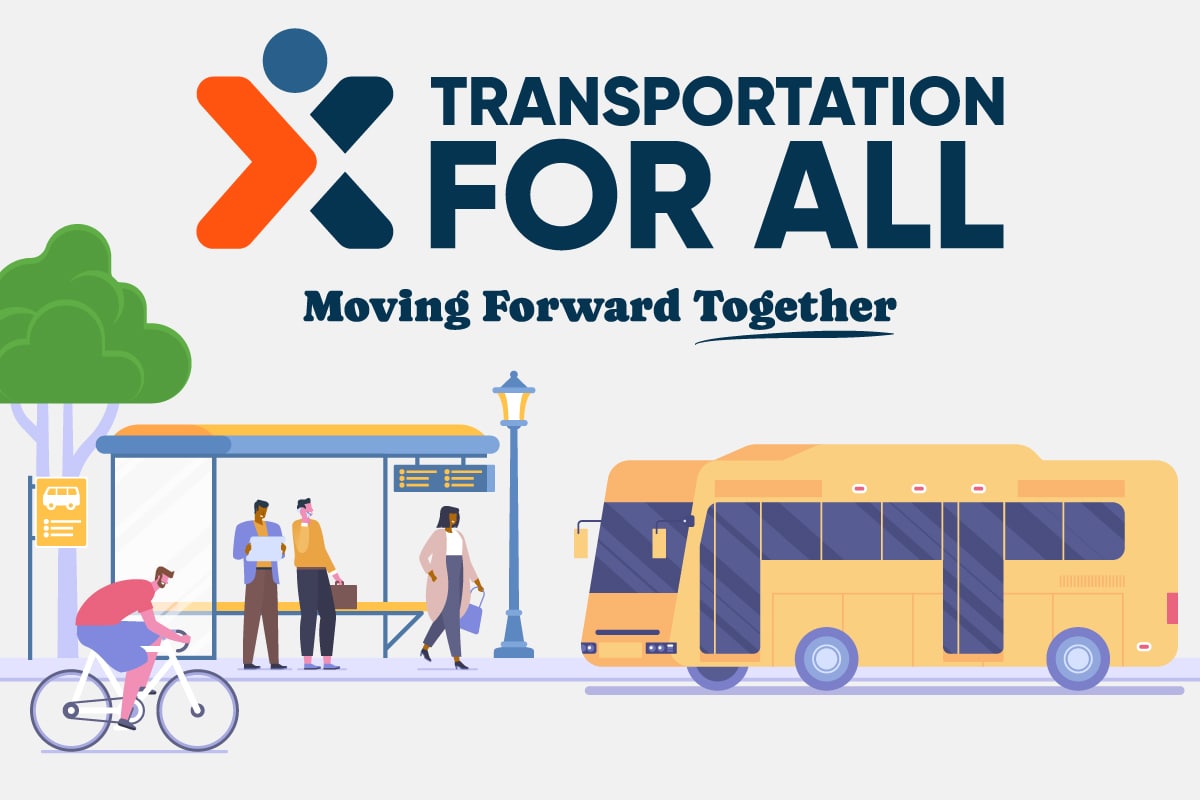Tomorrow, the Metro board will consider approving a half-billion dollars' worth of backward-looking San Gabriel Valley mobility projects. The projects would be funded using monies formerly allocated to the cancelled North 710 Freeway tunnel. ActiveSGV and nearly twenty other community groups are urging the Metro board to delay the decision for a month. This would enable cities to refine projects, and submit additional proposals. In addition, the group letter calls for Metro transparency in project scoring, and for Metro to follow its own policies on project scoring as well as on complete streets.
In 2017 the Metro board canceled the proposed $6 billion North 710 Freeway tunnel project. At the time, the board directed Metro staff to instead spend the 710's $780 million on projects that “promote smart and functional land use, reduce automobile dependency, encourage multi-modal trips, improve traffic operations, and maximize the use of the latest available technologies to enhance performance of the existing transportation system” including prioritizing “for multi-modal and safety enhancement projects.”
Metro highway staff, led by Senior Executive Officer Abdollah Ansari, soon moved to undermine the board's directive by pushing a $400 million package of heavily car-centric projects for the corridor. That initial package was developed behind closed doors. Despite SGV cities asking for transit improvements, zero emission buses, complete streets, bikeways, and Gold Line connections, Metro engineers were hell-bent on shoving more cars into the San Gabriel Valley, and pushed a package full of road-widening, with some intersection widening and a new parking structure. Despite numerous concerns raised and a letter from a coalition of concerned groups, that package was approved by the board in December. At the time, Ansari pledged to the board that there would be plenty of room for multi-modal projects in the next round.
In another hopelessly opaque closed-door process, Ansari's cars-uber-alles highway builders are pushing the same harmful crap in this second and final round. With no community notice, Metro released its round two 710 Corridor project list less than a week before a decision was agendized at last week's Planning and Programming Committee. Again cities had asked for a broad array of projects from transit to bikes to walking to cars. Again Metro selected the car projects for funding, and rejected the rest. Metro road-builders are apparently still relying on the discredited Level of Service metric at a time when municipalities have moved on. SBLA writes "apparently" because Ansari's report includes no scoring criteria whatsoever. The car projects won, the transit projects lost. No one outside of Ansari's group knows how the selection process worked.
Similar to the earlier round, some municipalities - prominently the city of Los Angeles, and the county of L.A. - included significant multi-modal projects/components, and Metro has allowed these to be slated for funding (against Ansari's urging.) The coalition letter calls on the Metro board to approve the L.A. City and County projects, while delaying approval of the extensive car-centric projects in the other SGV cities.
Not even the SGV cities are supporting Metro's plans for harmful road-widening. Recently the city of San Marino rejected millions of dollars in Metro 710 corridor road-widening monies from the first round. The cities of Alhambra, South Pasadena, and Pasadena requested (scroll down for joint letter) Metro explain project eligibility and project evaluation criteria, which have not been made public to date.
Last week the Metro Planning and Programming Committee took no action on the item, pushing the decision off to tomorrow's board meeting.
Active SGV has issued an alert, urging people to show up to tomorrow's 10 a.m. board meeting, and to send emails to Metro boardmembers. See the Active SGV alert for more detailed information and background, including listings of unfunded city transit/bike/walk projects.
